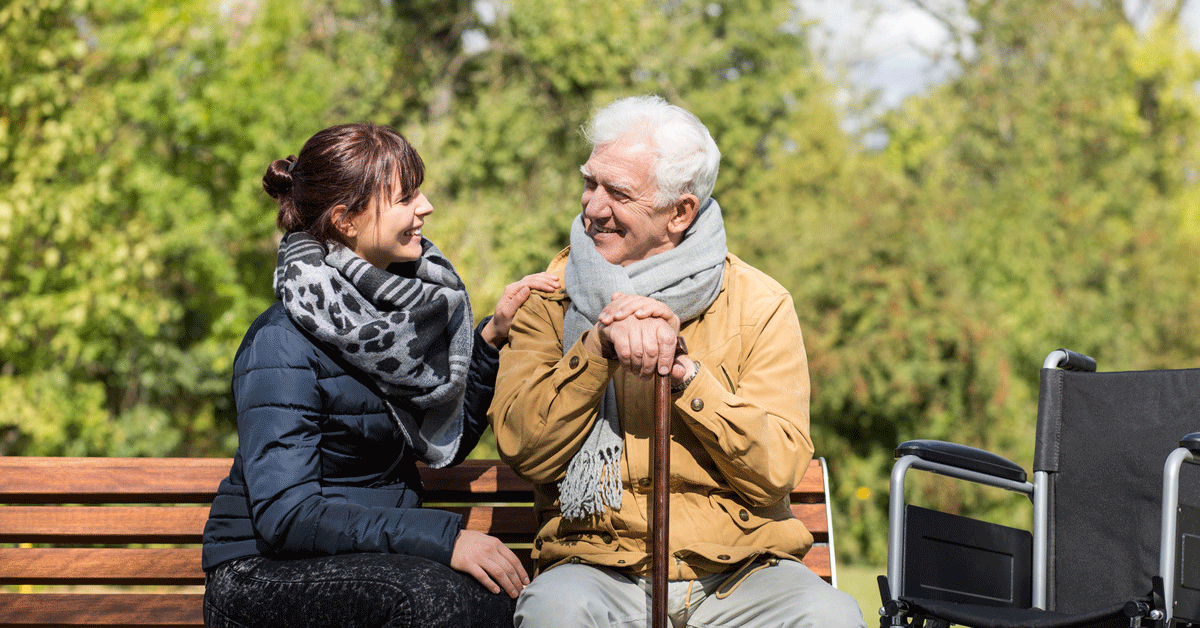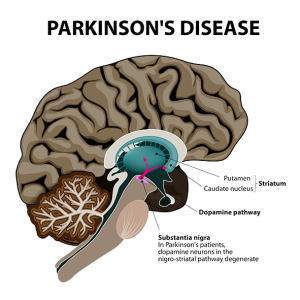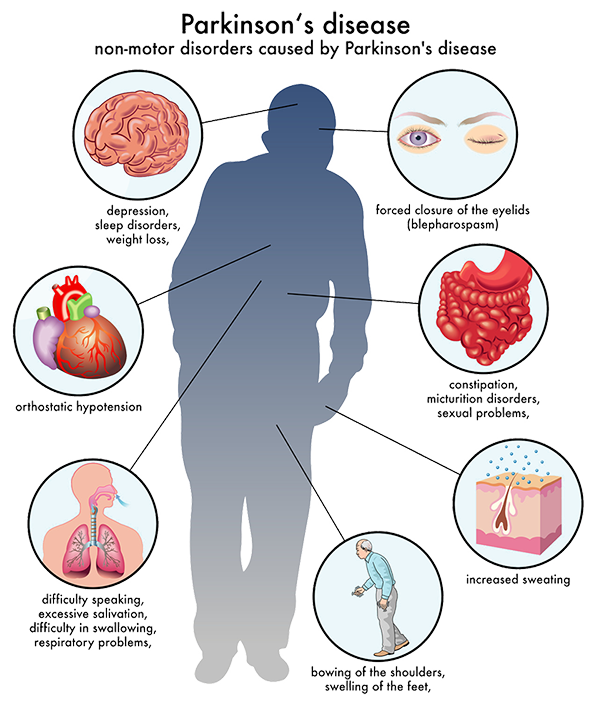What is Parkinson’s Disease?
Parkinson’s disease is a progressive neurodegenerative disorder characterized by rigidity, tremor, postural instability, and slowness of movement. It develops gradually, sometimes starting with a barely noticeable tremor in just one hand. Very often the changes in movement are very discreet and therefore an early diagnosis is often difficult. The disease commonly causes stiffness or slowing of movement. Although Parkinson’s disease can’t be cured, medications may markedly improve the symptoms.




